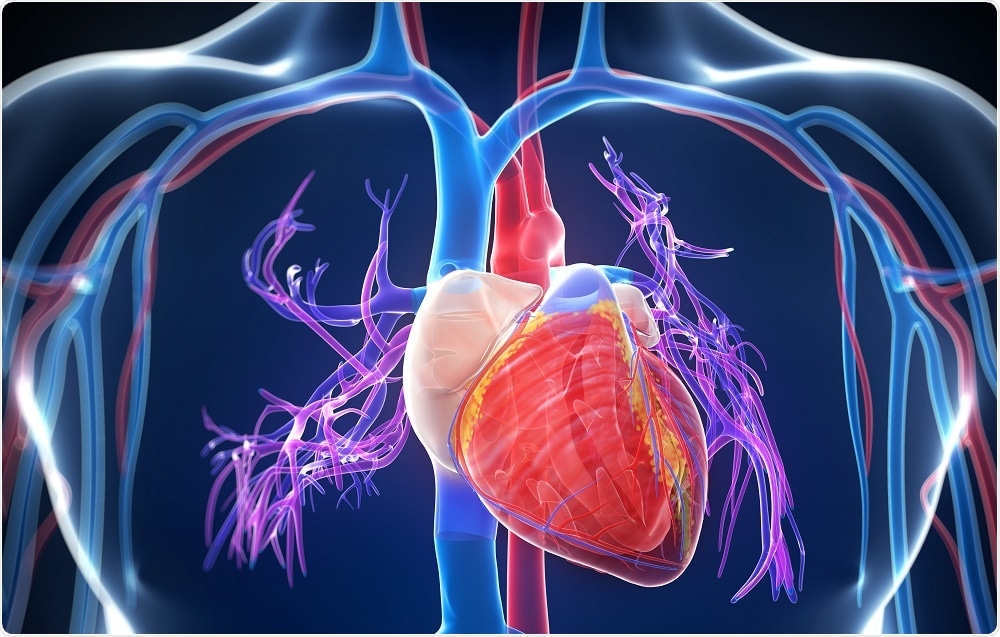Sep 28 2017
A new study published in the American Heart Association Journal Circulation Research suggests that stem cells derived from umbilical cord show promise in treating heart failure.

© Sebastian Kaulitzki / Shutterstock.com
According to the study, the umbilical cord-derived stem cells might help in improving the functions of the heart muscle and thereby increases the quality of life.
Globally, nearly 37 million people are affected with heart failure that is marked by the inability of the heart muscle to pump blood efficiently. In spite of the advances in medical field, Dr. Figueroa professor of medicine at the Universidad de los Andes in Chile, reports that 50% of the patients identified with heart failure die within 5 years of the diagnosis.
According to Jorge Bartolucci M.D., the lead author and a cardiologist from Cells for Cells and professor at the Universidad de los Andes, in controlling heart failure, regular drug treatments could be suboptimal and in most cases, the patients might have to undergo more invasive therapies like heart transplantation or mechanical ventricular assist devices.
Figueroa, commented that the findings of the current study are encouraging as they might lead to the development of a new promising non-invasive therapy for those who faces grim odds.
The study involved 30 patients at the age of 18 – 75 who had stable heart failure and were receiving optimal drug therapy. All the participants were provided with intravenous infusions either with umbilical cord-derived stem cells or placebo.
The umbilical cord was gained through caesarean sections from full-term human placentas of healthy donors after informed consent.
In the year following the treatment, the stem cell therapy displayed a constant and noteworthy improvement in the ability of the hearts to pump blood when compared with the placebo treatment. Also, the stem cell therapy indicated improvements on measures of life quality and daily functional status.
The findings indicated that the treatment via umbilical cord-derived stem cells were safer than the placebo treatment with no other adverse side effects or development of alloantibodies, a complication with the immune system that is common among patients receiving blood transfusions or organ transplants.
The capability of bone marrow-derived stem cells to be used as treatment was previously studied; however, umbilical cord-derived stem cells are found more appealing as they possess many advantages like, wide availability, ease of accessibility, absence of immune complications and ethical concerns that surround embryonic stem cells.